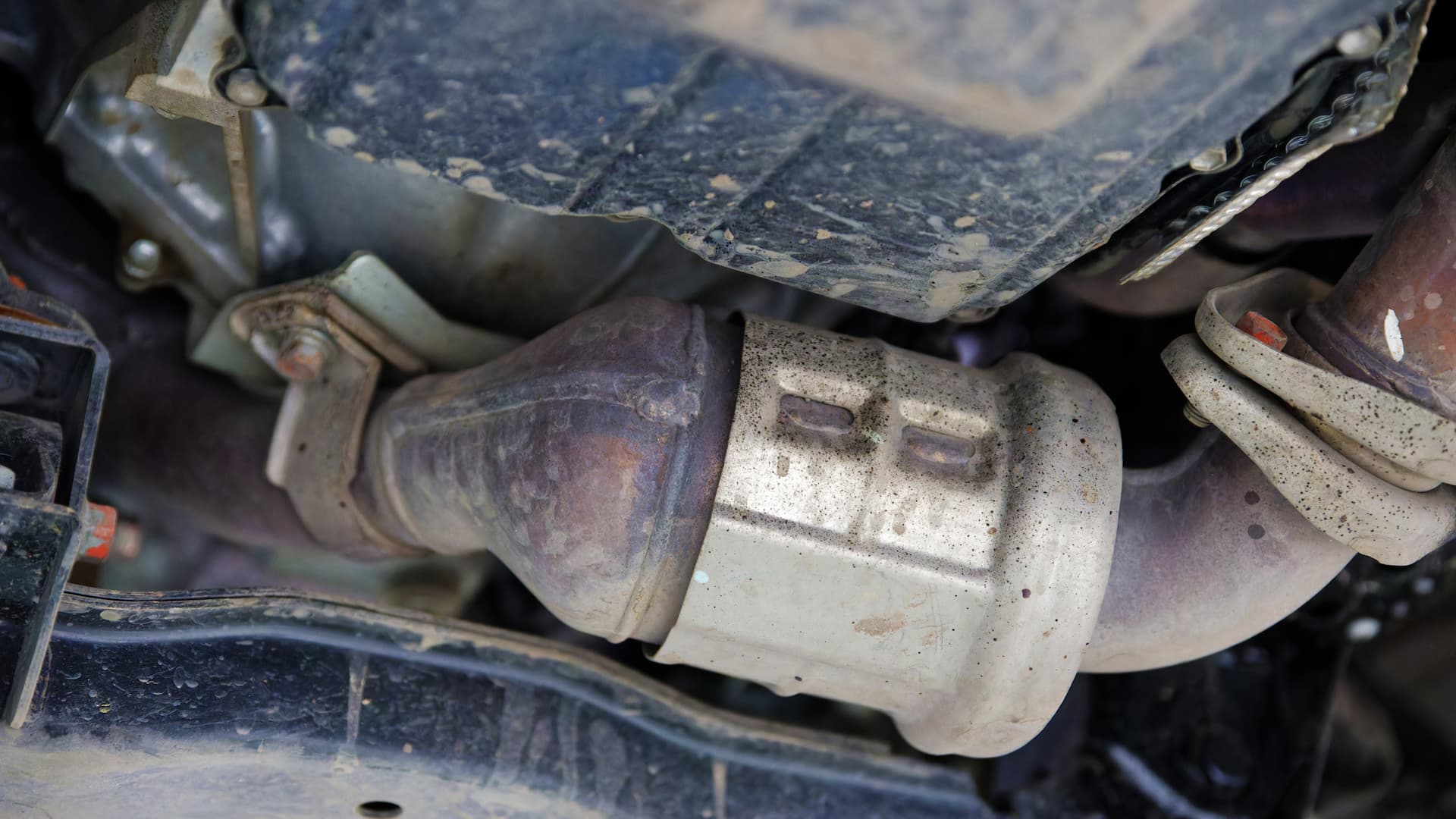Yes, the catalytic converter can affect your vehicle’s performance, but typically only if there is a problem with it. The catalytic converter plays an essential role in the emissions control system, and while its primary function is to reduce harmful exhaust gases, a malfunctioning or clogged catalytic converter can impact engine performance, fuel efficiency, and overall vehicle drivability.
⚙️ How the Catalytic Converter Can Affect Performance
1. Exhaust Flow Restriction
The catalytic converter helps reduce harmful emissions by converting toxic gases like carbon monoxide and nitrogen oxides into less harmful substances. However, if the converter becomes clogged or damaged, it can restrict the flow of exhaust gases, leading to a backpressure in the engine. This backpressure can result in:
- Reduced Engine Power: The engine may struggle to expel exhaust gases efficiently, leading to a decrease in power, especially during acceleration.
- Sluggish Acceleration: If the catalytic converter is severely clogged, the engine may have trouble revving freely, causing hesitation or slower acceleration.
2. Engine Performance Issues
A failing catalytic converter can lead to performance issues such as:
- Engine Misfires: Poor exhaust flow can cause an imbalance in the air-fuel mixture, which may result in engine misfires.
- Rough Idle: If the catalytic converter is blocked, the engine may idle unevenly or run roughly.
- Check Engine Light: If the catalytic converter is malfunctioning, it can trigger the Check Engine Light (CEL), often due to a problem with the emissions system or sensors.
3. Fuel Efficiency
A clogged or malfunctioning catalytic converter can reduce fuel efficiency. The engine may need to work harder to expel exhaust gases, which can cause it to consume more fuel. A properly functioning catalytic converter, on the other hand, helps maintain optimal engine performance, which supports better fuel economy.
4. Increased Emissions
When the catalytic converter is working properly, it reduces harmful emissions and helps the vehicle meet environmental standards. If the converter becomes clogged or fails, emissions will increase, which can lead to the vehicle failing emissions tests or producing more pollutants.
🚗 Symptoms of a Bad Catalytic Converter
If your catalytic converter is affecting performance, you might notice the following symptoms:
- Reduced Power or Acceleration
- Rough Idling or Engine Misfires
- Poor Fuel Economy
- Check Engine Light (CEL)
- Sulfur or Rotten Egg Smell: A damaged catalytic converter can produce a strong sulfur smell, indicating it’s no longer processing exhaust gases properly.
- Overheating: In severe cases, a clogged catalytic converter can overheat, potentially causing damage to the engine or exhaust system.
🚗 What to Do If You Suspect Catalytic Converter Issues
If you notice any of these symptoms, it’s a good idea to:
- Check for Diagnostic Codes: Use an OBD-II scanner to check for any diagnostic trouble codes (DTCs) that could indicate a problem with the catalytic converter or the exhaust system.
- Visit a Mechanic: If you suspect a catalytic converter issue, it’s best to have your vehicle inspected by a mechanic. A professional can assess the converter’s condition and determine if it needs to be repaired or replaced.
- Replace If Necessary: If the catalytic converter is clogged or damaged, it will need to be replaced. A failing catalytic converter should not be ignored, as it can cause more damage to the engine over time.
✅ Final Answer
Yes, the catalytic converter can affect your vehicle’s performance, primarily if it is clogged or malfunctioning. A blocked or damaged catalytic converter can cause reduced engine power, sluggish acceleration, poor fuel economy, and increased emissions. If you experience any of these issues, it’s important to have your catalytic converter checked and repaired or replaced if necessary to restore your vehicle’s performance.














